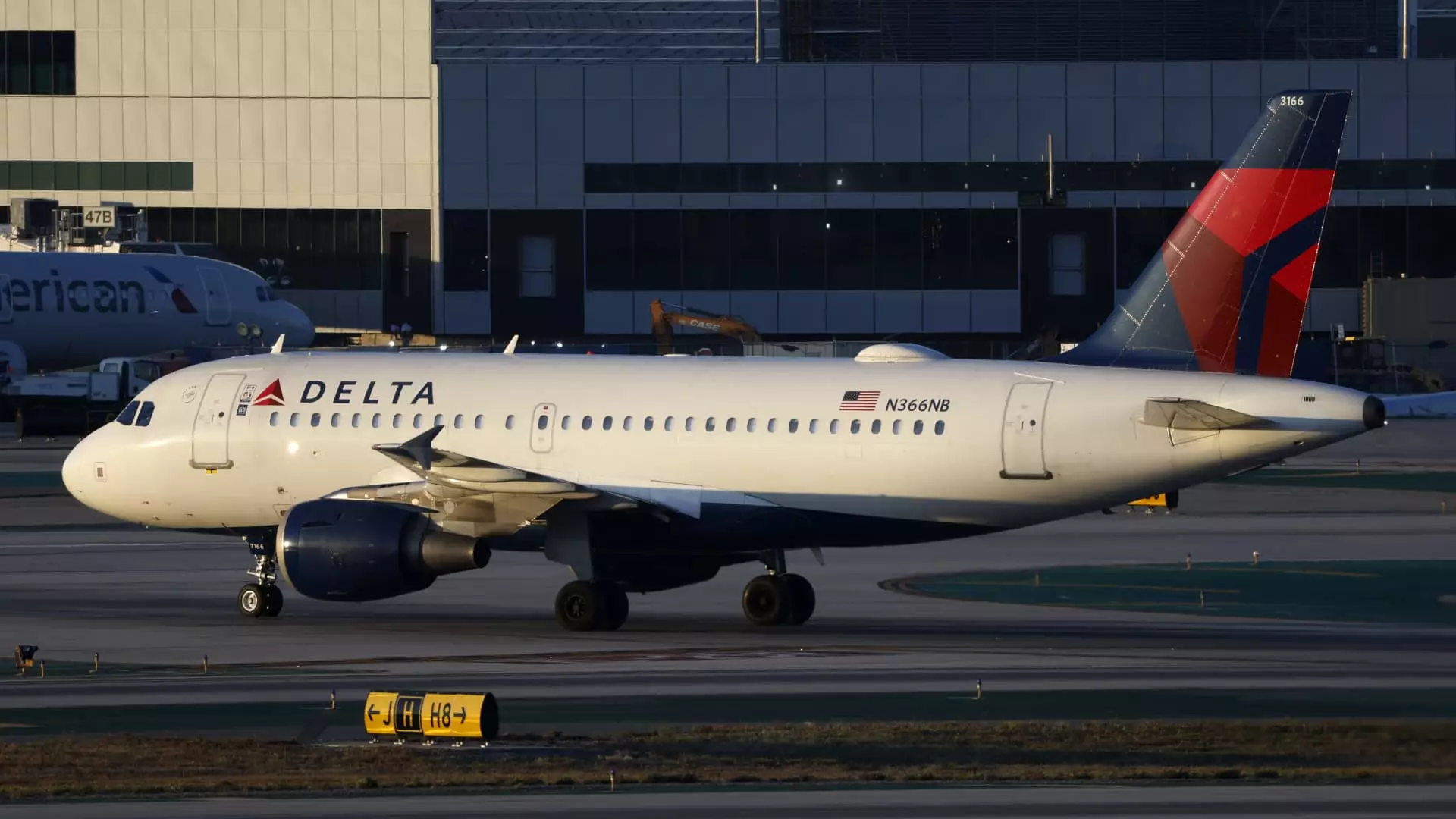Delta Air Lines recently disclosed that the CrowdStrike outage and subsequent flight cancellations last month have cost the airline an estimated $550 million. The financial repercussions included a $380 million loss in revenue for the current quarter due to refunds issued for canceled flights and compensation provided to affected customers in the form of cash and SkyMiles. Additionally, the technology-driven outage resulted in an expense of $170 million for operational recovery. As a silver lining, Delta’s fuel bill is projected to be $50 million lower as a result of the grounded flights.
Following the July 19 outage, during which approximately 7,000 flights were canceled, Delta faced challenges in recovering compared to its competitors. The outage, which impacted Windows-based systems worldwide, occurred at the peak of the summer travel season, leading to the inconvenience of thousands of Delta passengers. This incident tarnished Delta’s reputation as a premium carrier known for reliability and top-tier service.
Delta’s CEO, Ed Bastian, acknowledged the severity of the operational disruption and emphasized the airline’s commitment to providing a superior level of service to its customers. Bastian expressed disappointment over the incident and highlighted the efforts made by Delta’s employees to restore the operational efficiency of the airline. He stated that such disruptions are unacceptable, and both customers and employees deserve better from Delta.
In the aftermath of the outage, the U.S. Department of Transportation announced an investigation into Delta’s response to the incident and the resulting flight cancellations. This scrutiny indicates the seriousness of the situation and underscores the importance of maintaining operational integrity and customer satisfaction in the aviation industry.
While Delta is seeking damages from CrowdStrike and Microsoft for the financial losses and business impact incurred during the outage, both companies have defended their actions. CrowdStrike claimed to have promptly communicated with Delta’s security officers following the incident and offered assistance, disputing Delta’s portrayal of events. In response, Delta’s legal representatives asserted that the outage affected 1.3 million customers and caused the shutdown of 37,000 computers, demanding compensation for the damage inflicted on Delta’s business and reputation.
Delta’s lawyer, David Boies, emphasized the need for CrowdStrike to take responsibility for its actions and compensate Delta for the harm caused by the outage. Boies suggested that a genuine acknowledgment of fault and a willingness to make amends would be essential in avoiding a lawsuit. However, the dispute between Delta, CrowdStrike, and Microsoft underscores the complexities of technological dependencies in the modern business landscape and the repercussions of system failures on large corporations.
Overall, the CrowdStrike outage serves as a cautionary tale for airlines and other industries reliant on technology, highlighting the importance of robust IT infrastructure, proactive risk management, and effective crisis response strategies to mitigate the financial and operational impact of unforeseen disruptions. Delta’s experience underscores the vulnerability of even the most established organizations to cyber incidents and the critical need for comprehensive cybersecurity measures in an increasingly interconnected and digitized world.



Leave a Reply